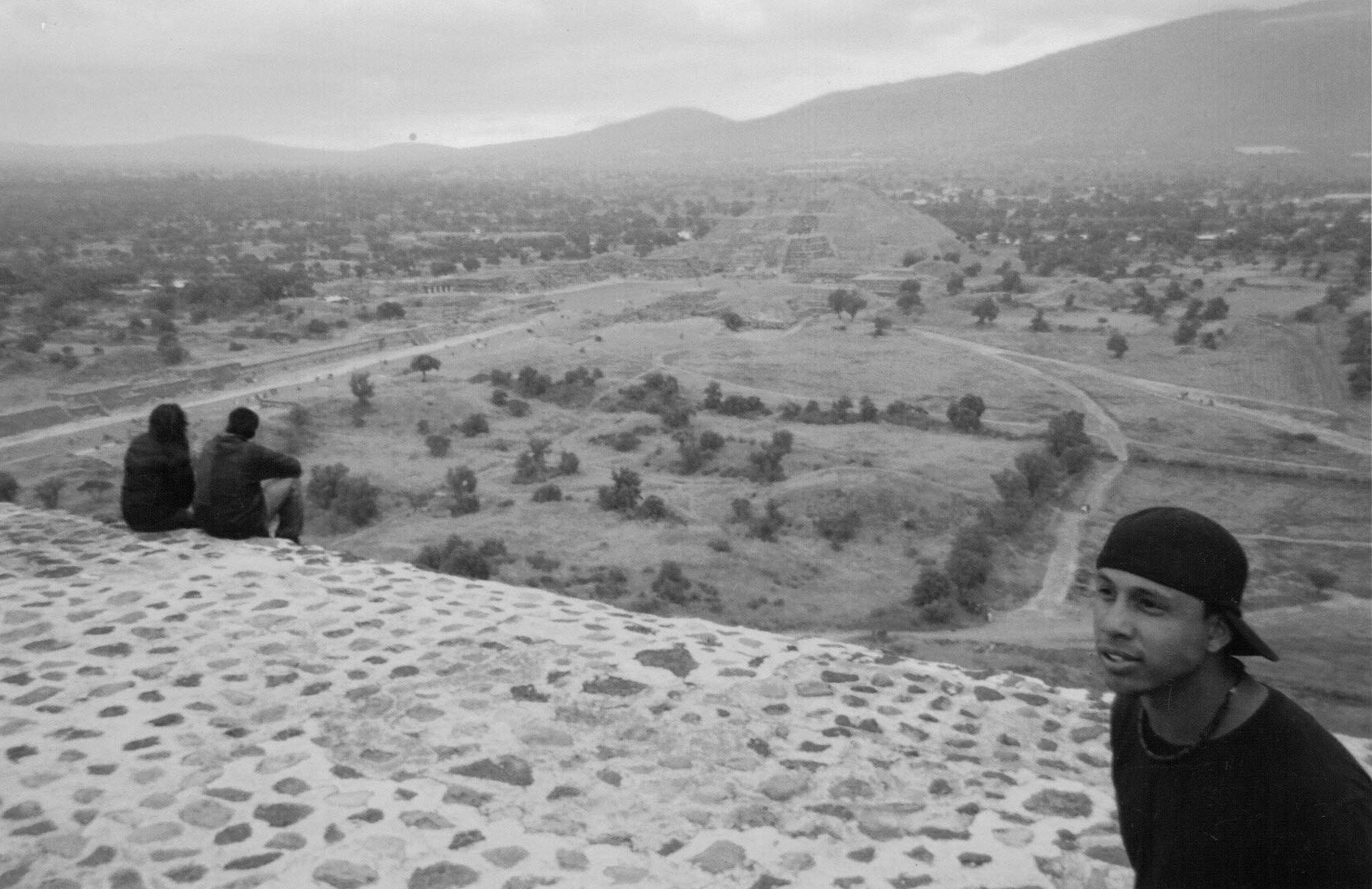Tory’s story
In 2001 I traveled around the world alone. One day in Nepal I found myself at the top of a mountain staring at the Himalayas. On my knees, I made a promise: that I would dedicate the rest of my professional life to the fight for human dignity and justice.
Fast forward 15 years later. I was working at a national health advocacy and policy organization in Boston. In my position as assistant development director, I secured and built upon the organization’s 15 million dollar budget. I was also co-chair of the new internal health equity committee.
I came across a study my predecessors commissioned to determine exactly how much money our organization gave to Black and Brown led partner organizations. Graduate students analyzed the data and produced conclusive findings. Of 80 million dollars allocated over the course of 7 years, a measly 3% was given out to Black and Brown led organizations.
Of 80 million dollars allocated over the course of 7 years, a measly 3% was given out to Black and Brown led organizations.
I left work early that day. Like that afternoon in Nepal when I knelt before a mountain’s vastness, I knew that I was being called by something greater than myself. I didn’t know where it would lead or how it would end, but I knew with absolute certainty that I had to follow it.
Later that week, I released a health equity report outlining this inequitable pattern of giving. I described it as a monumental failure to honor the Southern Black, Brown, and Indigenous people who, often risking violence, fought to preserve the dignity of their community’s lives.
I described it as a monumental failure to honor the Southern Black and Brown people who, often risking violence, fought to preserve the dignity of their community’s lives.
I began to research on my own. I was humbled to come across the groundbreaking report So Goes the South, published by the Grantmakers for Southern Progress and the National Committee for Responsive Philanthropy (NCRP). The report went beyond offering research; it laid out conceptual blueprints for what needed to be done.
With a plan of action now available to me, I wrote to an old friend. I poured my heart into this letter, describing all that I had uncovered, and at the end asked if they would be interested in moving six figures to help strengthen infrastructure for social justice work in the Deep South. A few days later they responded, and said YES.
After a few cartwheels I hopped on Facebook and sent a direct message to Kiese Laymon, a writer from Mississippi. Kiese didn't know it, but for years I'd found profound solace and inspiration in his take on America, Black life, and the South. Now that I had access to funding for the Deep South, I wanted Kiese’s ear. I knew he was connected to movement builders in Mississippi and I needed an introduction.
In 2018, Kiese led me to Noel Didla, a founding member of this initiative and a veteran Mississippi-based resource generator …
Noel’s story
I’m an immigrant from Guntur, South India. Jackson, Mississippi became home to me in 2005. Over the years, the fact that Jackson is where I belonged was informed by how my students at Jackson State embraced me, by how colleagues became mentors and invited me into sister circles, and by how students and community welcomed me to be part of Black and Brown Jackson and Mississippi’s determining of dignity and humanity.
When Kiese reached out and connected me to Tory, I responded as I implicitly trust Kiese and am deeply grateful for being in community with him, his mother, Dr. Coleman, and the many Mississippians that hold me and determine me to make Jackson home.
Tory and I began to talk about social justice, movement infrastructure, and philanthropy in the Deep South, and began to build a relationship at the speed of trust. Out of our relationship, DSSF emerged. Our shared understanding has continued to deepen and grow.
When Kiese Laymon was asked what black children deserved from the public education system, he said that black children deserved “good love, healthy choices and second chances.” To me, one of Mississippi’s native sons' articulation of deservedness, informed how I as an immigrant making home in Mississippi must decolonize my understanding of giving.
When Kiese Laymon was asked what black children deserved from the public education system, he said that black children deserved “good love, healthy choices and second chances.”
This led Tory and I to the following questions:
How do we practice good love as we responsibly resource individuals, institutions, and infrastructure for Black, Brown, and Indigenous communities in the Deep South?
As giving stewards, what kinds of healthy choices can we make and open up for others?
How do we practice a culture of second chances as we engage in a philanthropic strategy that centers the dignity and humanity of those we are in relationship with? How can we be in principled struggle, and in abundance, together?
The last three years have been a responsible experiment in just giving.



